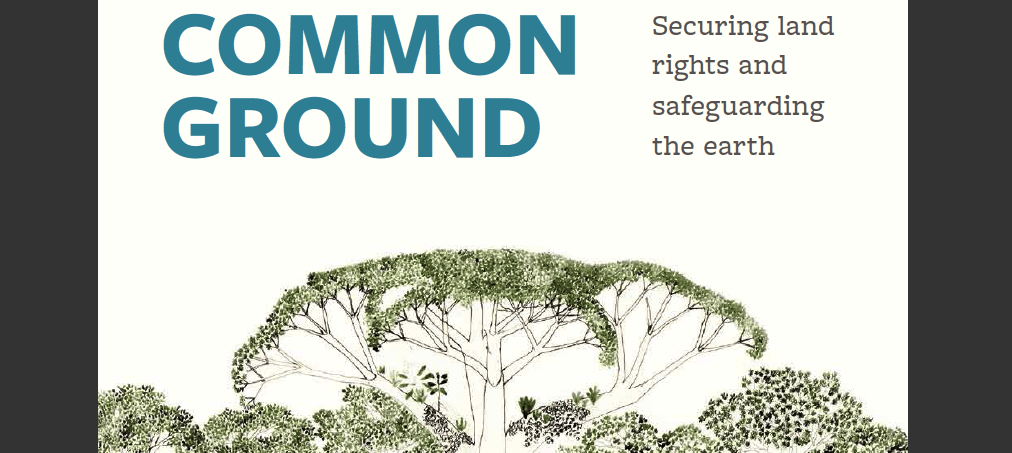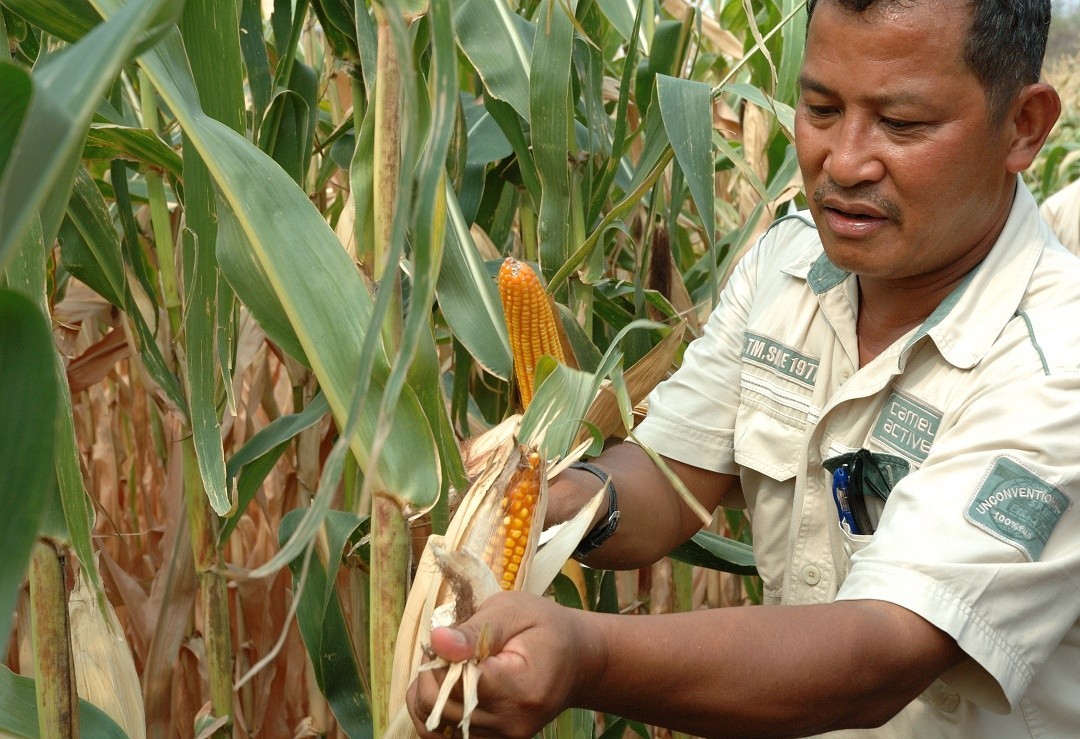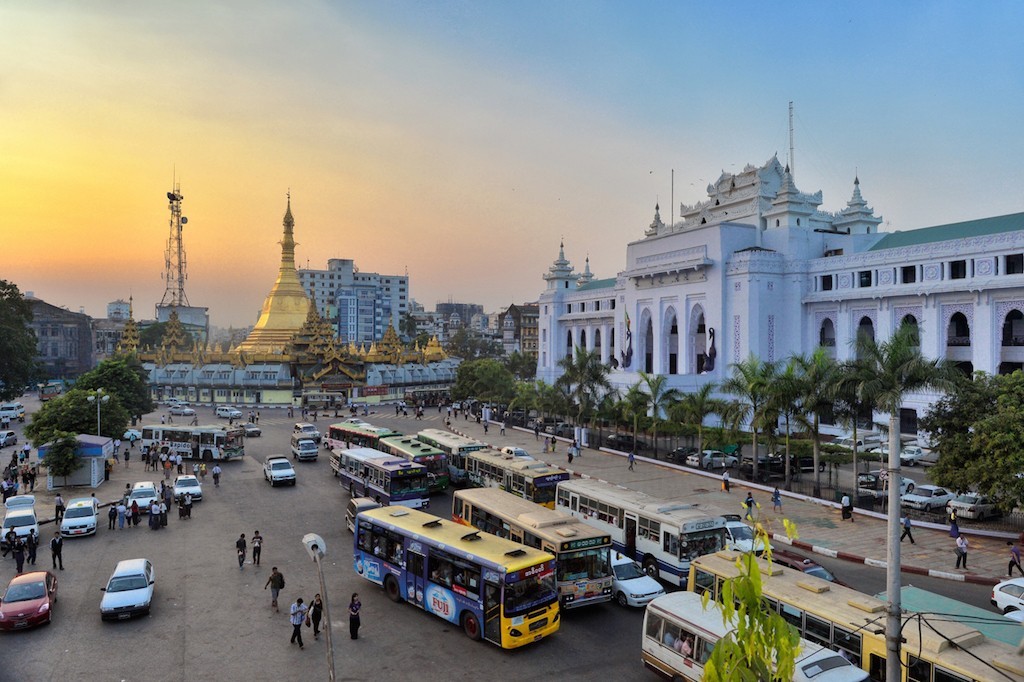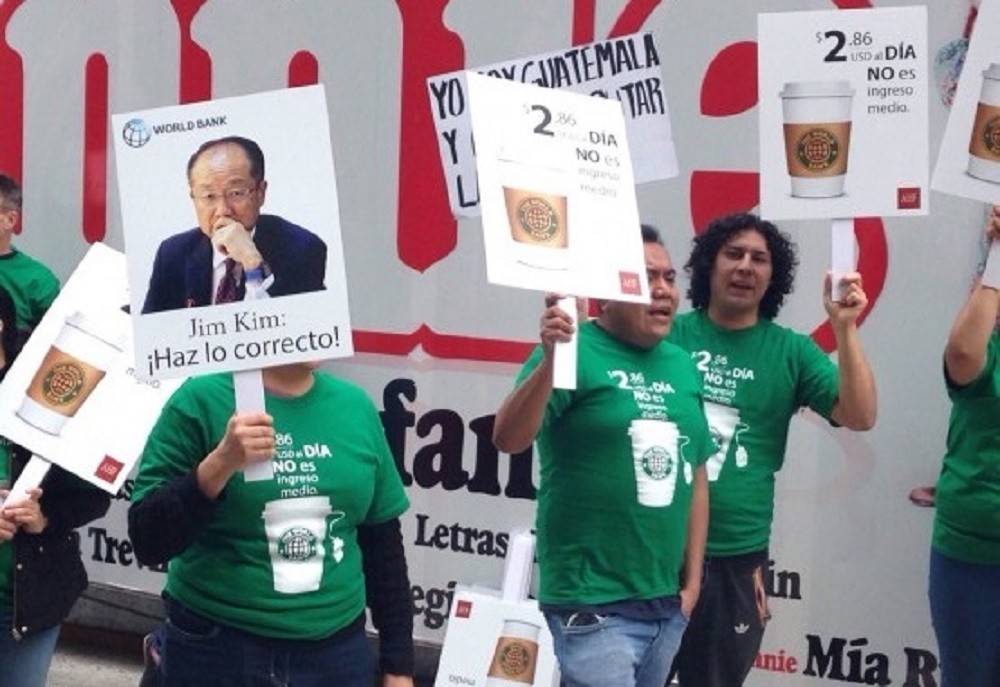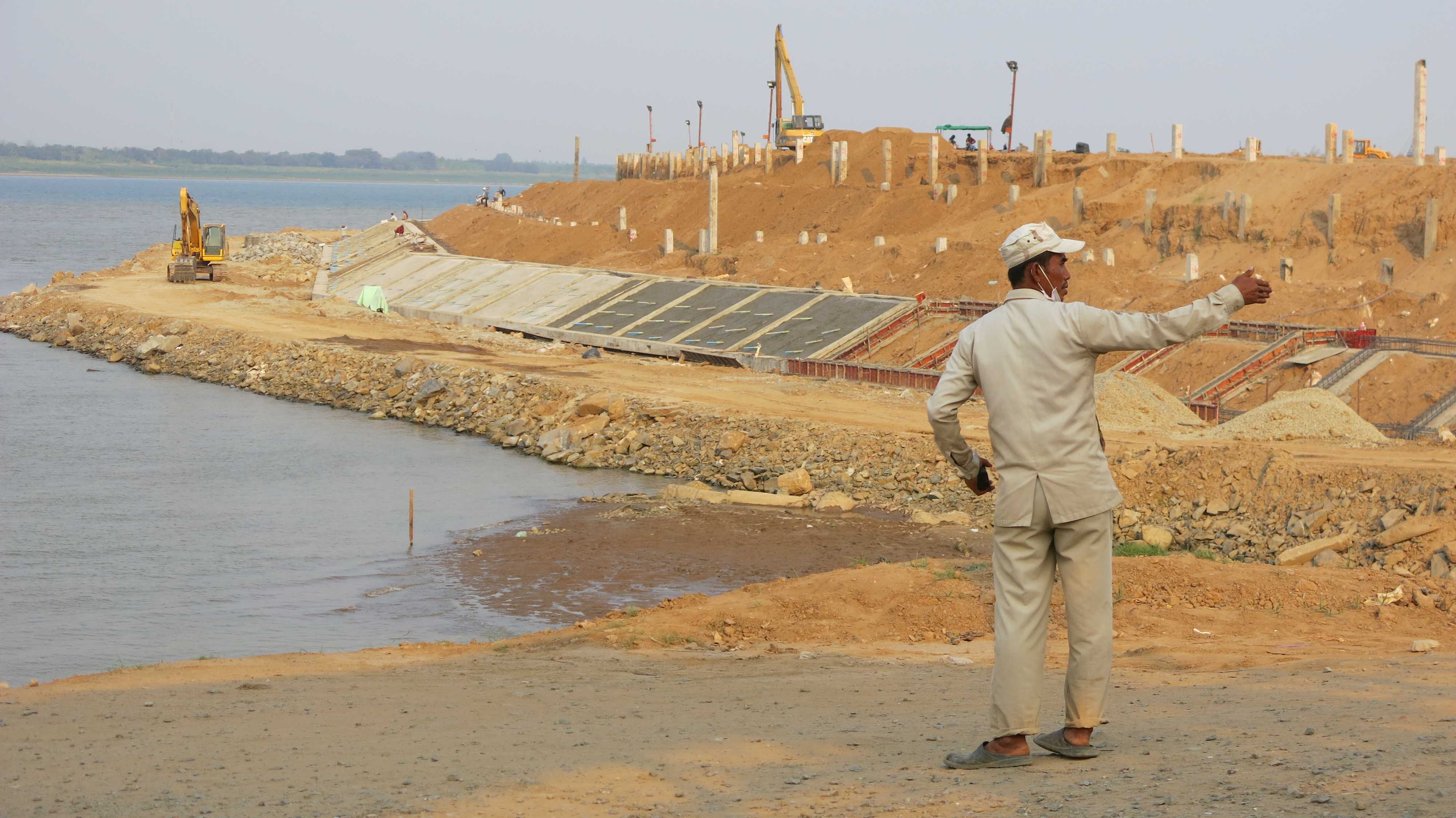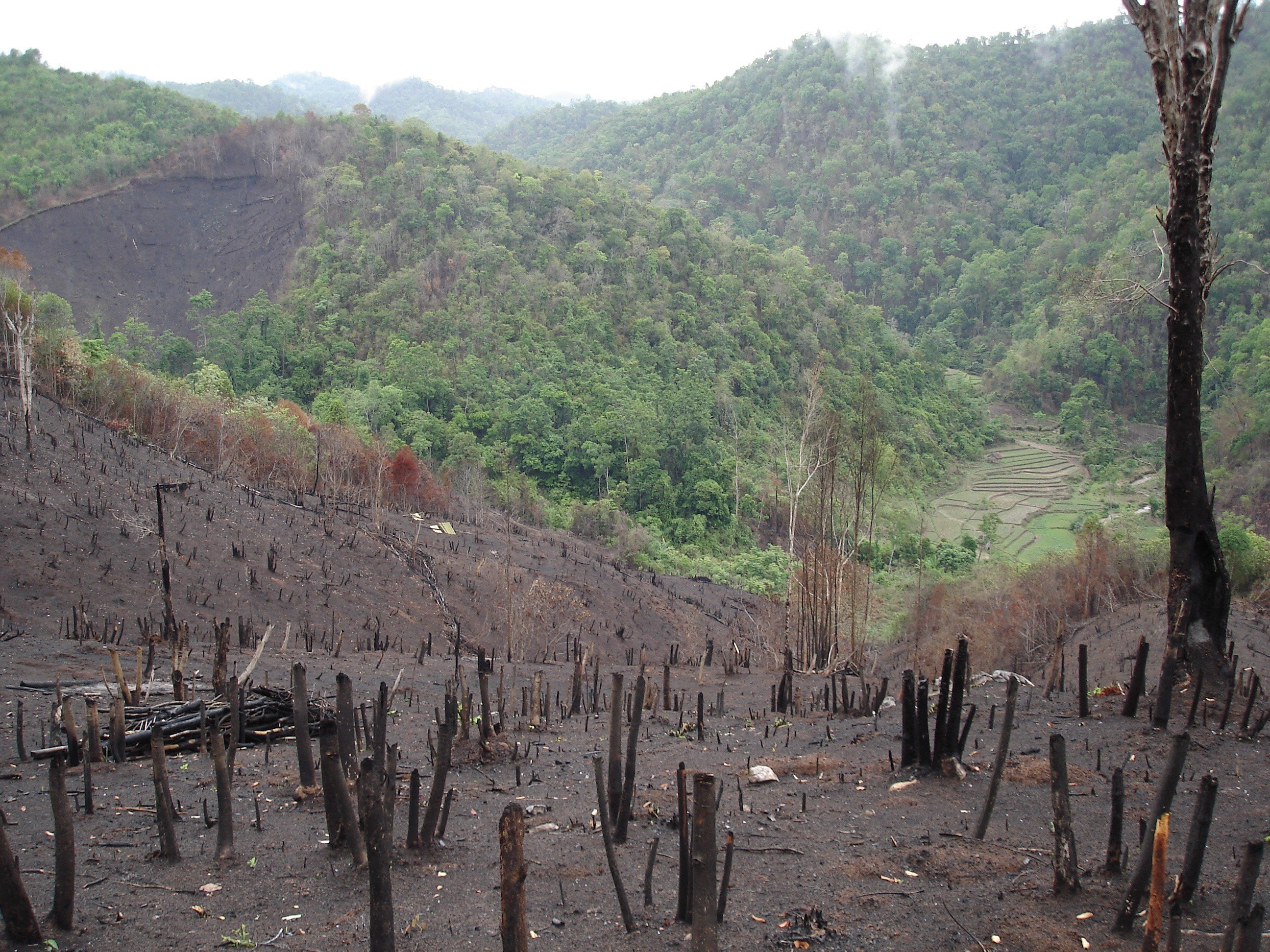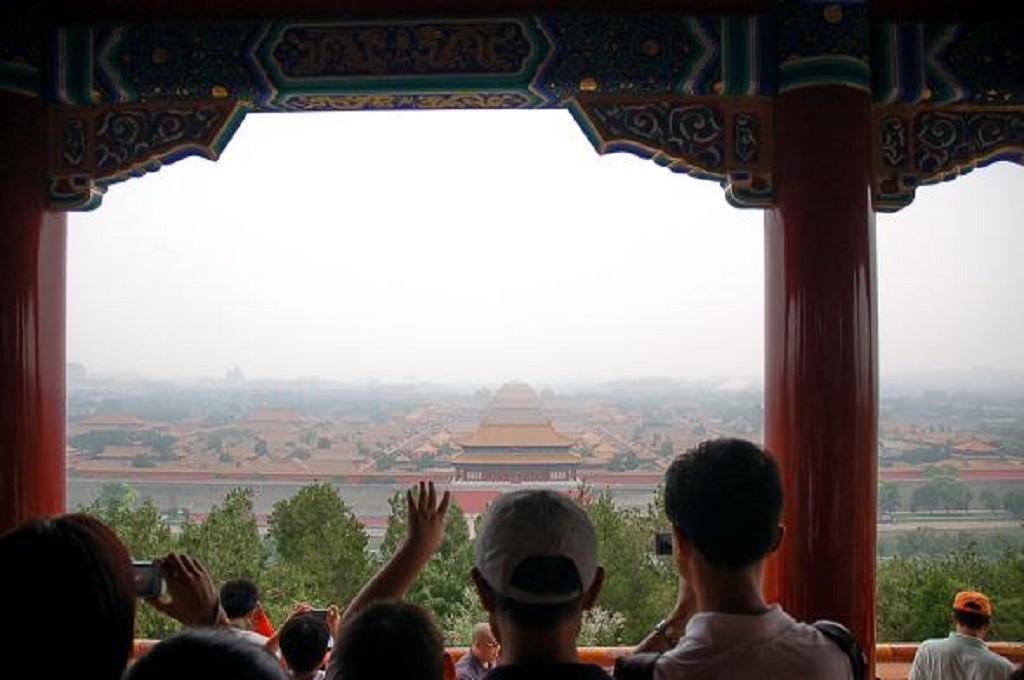Up to 2.5 billion people depend on indigenous and community lands, which make up over 50 percent of the land on the planet; they legally own just one-fifth. The remaining five billion hectares remain unprotected and vulnerable to land grabs from more powerful entities like governments and corporations. There is growing evidence of the vital role played by full legal ownership of land by indigenous peoples and local communities in preserving cultural diversity and in combating poverty and hunger, political instability and climate change. The importance of protecting and expanding indigenous and community ownership of land has been a key element in the negotiations of the Sustainable Development Goals and the Paris Agreement on climate change, and is central to their successful implementation. This report launches a Global Call to Action on Indigenous and Community Land Rights, backed by more than 300 organizations all over the world. It is a manifesto of solidarity with the ongoing struggles of indigenous peoples and local communities seeking to secure their land rights once and for all.
Tag: global-context
Linking rural development with SDGs
The 2030 agenda for sustainable development undoubtedly proposes an exciting vision, and promises a future of peace and prosperity; but these goals will not be easy to achieve unless we develop effective global partnerships and learn from the outcomes of Millennium Development Goals (MDG). We need to investigate both the successes and failures of MDGs, set our focus on result-oriented development, and encourage government and their development partners to think about the linkages between plan, policy, delivery and monitoring in resource mobilisation and management.
Myanmar expects entry of more US businesses
Representatives of US companies have become frequent guests at the Myanmar Federation of Chamber of Commerce and Industry these days as they explore business opportunities in the long-isolated country.
The visits have gathered pace since the National League for Democracy (NLD) won the election and the power transition from military rule appeared to be going smoothly, Win Aung, president of the federation, said last week.
“I strongly believe that Myanmar-US economic relations will strengthen in the next government’s term.
World Bank safeguards review: “human rights-free zone”
The Bretton Woods Project As the third and final consultation phase on the second draft of the World Bank’s proposed new environmental and social framework (ESF), replacing the current safeguards, progresses, civil society organisations (CSOs), the UN and certain member states continue to demand that the Bank incorporates human rights in all its activities (see […]
Ecological trade-offs
Hydroelectric dams grace bank notes in developing countries, from Mozambique to Laos, Kyrgyzstan to Sri Lanka, a place of honor reflecting their reputation as harbingers of prosperity. That esteem, now enhanced by hydropower’s presumed low-carbon profile, continues to overrule concerns about environmental consequences and displaced people, as evidenced by a surge in dam-building in the developing world.
A recent paper in the journal Nature Climate Change suggests a seemingly obvious, yet novel approach: Bring in aquatic scientists at the beginning so that engineers can consider ecological principles first, not last. The paper came out of meetings organised by the National Socio-Environmental Synthesis Center in Annapolis, Maryland, in 2013. Engineers and aquatic scientists discussed their core requirements for a hypothetical case study of the Iowa River in the United States.
Failure to engage local communities is costing investors big money, according to a new analysis
Conflicts between local communities in developing countries and governments and corporations seeking to exploit natural resources pose a serious threat to investors’ bottom lines, according to new research.
UK-based consultancy TMP Systems studied 262 agriculture, energy and mining sector disputes with local populations in developing countries and found that 67 percent of the time those conflicts had a materially significant impact on investors.
Land conflicts and human rights abuses in resource-rich developing countries from Southeast Asia to Latin America to Africa have become more and more common amidst growing demand for commodities like palm oil, soy and beef.
Why a tree falls in Brazil when a dam is built in the Mekong
Not only does hydropower development along the Mekong impact on food security, it also pushes land-use changes in other parts of the world. This was shown by visiting researcher Jamie Pittock in a recent Water Dialogues seminar.
Clean Up Your Act
Government and industry say China is meeting environmental goals. Skeptics say yeah, right.
5 reasons why dolphins should be given ‘human’ rights
As Southeast Asia struggles to save the last of its Mekong River and Irrawaddy Dolphins, some ponder: should these remarkably intelligent animals be given “human” rights?
Asia’s ‘infrastructure gap’ threatens to hamper growth
Looking out at bumper-to-bumper Monday morning traffic crawling along the Philippine capital’s main avenue, taxi driver Ranilo Banez shook his head in frustration.


